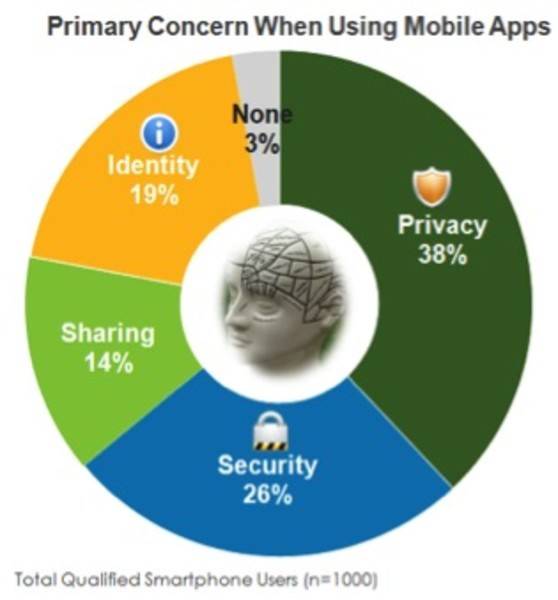
For the last two weeks, it seems like anything anyone can talk about is the fact that our GPS-enabled smartphones are tracking our location. First, it was the iPhone, then the Android and finally Windows Phone 7. Why has this struck such a chord?
According to a study by TRUSTe, a leading Internet privacy service provider, privacy is the leading concern for smartphone users, with security following close behind.
Although some may point to 15,200-word terms of service, privacy comes down to more than a legal contract, it comes down to user expectation and, in this case, it seems that users did not expect that their smartphones were not only tracking them, but also sending the data back to Google’s, Apple’s and Microsoft’s servers.

TRUSTe’s survey points out why this story erupted so quickly. The survey, conducted in 2011, “revealed a strikingly high level of concern around personal information and data privacy,” the company writes.
Privacy concerns weren’t only the primary concern stated by respondents, but 77% said that they don’t want to share their location with app owners and developers. Beyond that, 85% of respondents said that they were uncomfortable with advertiser tracking. If 77% of respondents don’t want to knowingly share their location with apps
.
ReadWriteWeb’s Marshall Kirkpatrick wrote about a study last week that had similar findings. According to that study, published by Portland, Oregon digital marketing firm White Horse, 56% of smartphone owners surveyed said they knew about location-based services and 39% of respondents said they used them.

















